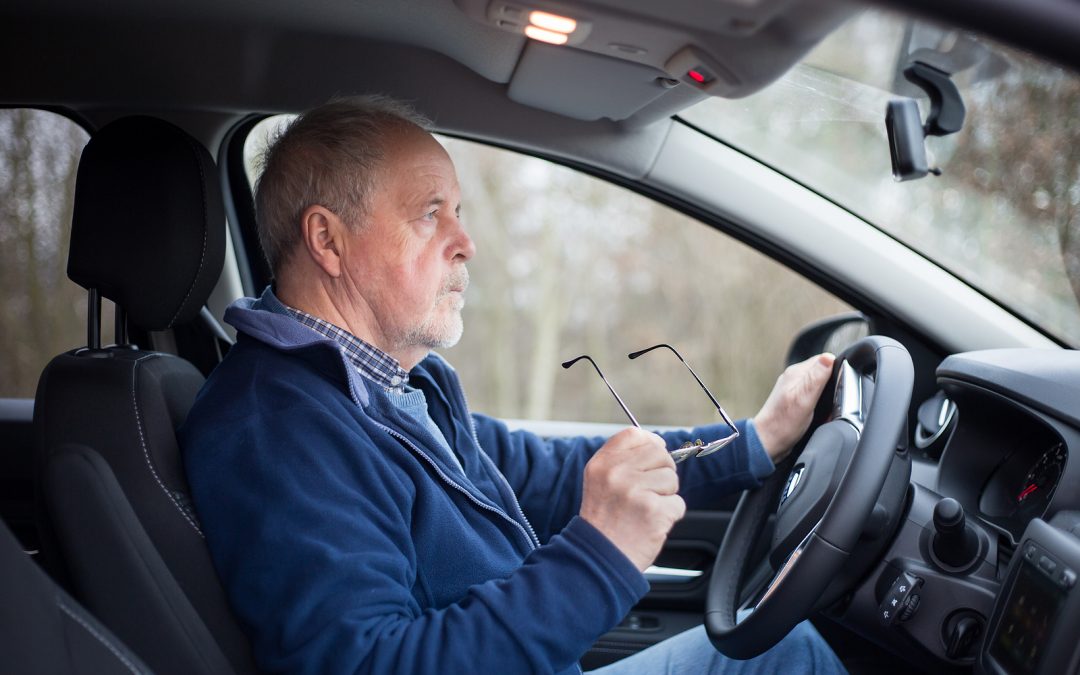Not only are there more drivers on the road than ever, but statistics reveal that one in six drivers in the U.S. is now over the age of 65. This brings up an understandable concern about safety. One recent Senior Driving Study reveals that roughly 14 million Americans have been involved in car crashes in the prior year where a senior driver was at fault. So how do you know when it’s safe for your loved one to drive or when it’s time for them to hand over the keys for good?
Signs that Driving May Not Be Safe for Your Loved One
It’s anticipated that, by 2030, the number of Americans over the age of 85 in the U.S. will more than quadruple from today’s rates. There’s no exact age that a person should relinquish their driving rights. But, here are a few signs that it might be time to become a passenger instead of a driver:
- Vision problems – From seeing pedestrians on the road to reading the vehicle’s speedometer, vision is vital to a person’s ability to drive safely. This is also something that can deteriorate with age with common conditions like glaucoma and cataracts.
- Hearing problems – Being able to hear horns and sirens is also important for safe driving. Many people have trouble with their hearing as they age but may not notice problems due to gradual hearing loss over the years.
- Health conditions – Physical and mental impairments, ranging from severe arthritis to dementia, can compromise a person’s judgment and ability to drive. If you have concerns about someone’s safety behind the wheel, you might want to alert their health care provider.
- Medication effects – Some drugs can compromise a person’s ability to drive safely. Prescription medications can have troubling side effects such as confusion, drowsiness, and blurred vision, which can impact a person’s concentration and driving ability.
Continuing to drive when it isn’t safe poses a significant risk for your loved one as well as others on the road. If you recognize any of these items, it’s probably time to take some action.
When It’s No Longer Safe For Your Loved One to Drive
If you have a loved one who is experiencing any of these issues, it may no longer be safe for them to drive alone. This can be a tough transition for any adult that has spent decades being accustomed to different forms of independence.
Not every senior is going to willingly give up their driver’s license, but it will be easier for them to do so if there is a proper support system in place. Some of the ways you can provide that support include:
- Enroll them in an exercise group or physical therapy to help them regain some mobility and prevent faster decline;
- Relocate your loved one to a place where there is more readily available transportation and activities that will prevent loneliness and isolation; and
- Find your loved one alternative forms of transportation so that they can continue to remain active.
MedTrust specializes in non-emergency medical transportation for patients of various mobility types. We service hospital systems and clients throughout South Carolina and parts of North Florida. Contact us to learn more about our services or to find out how you can become a member of our growing team.

